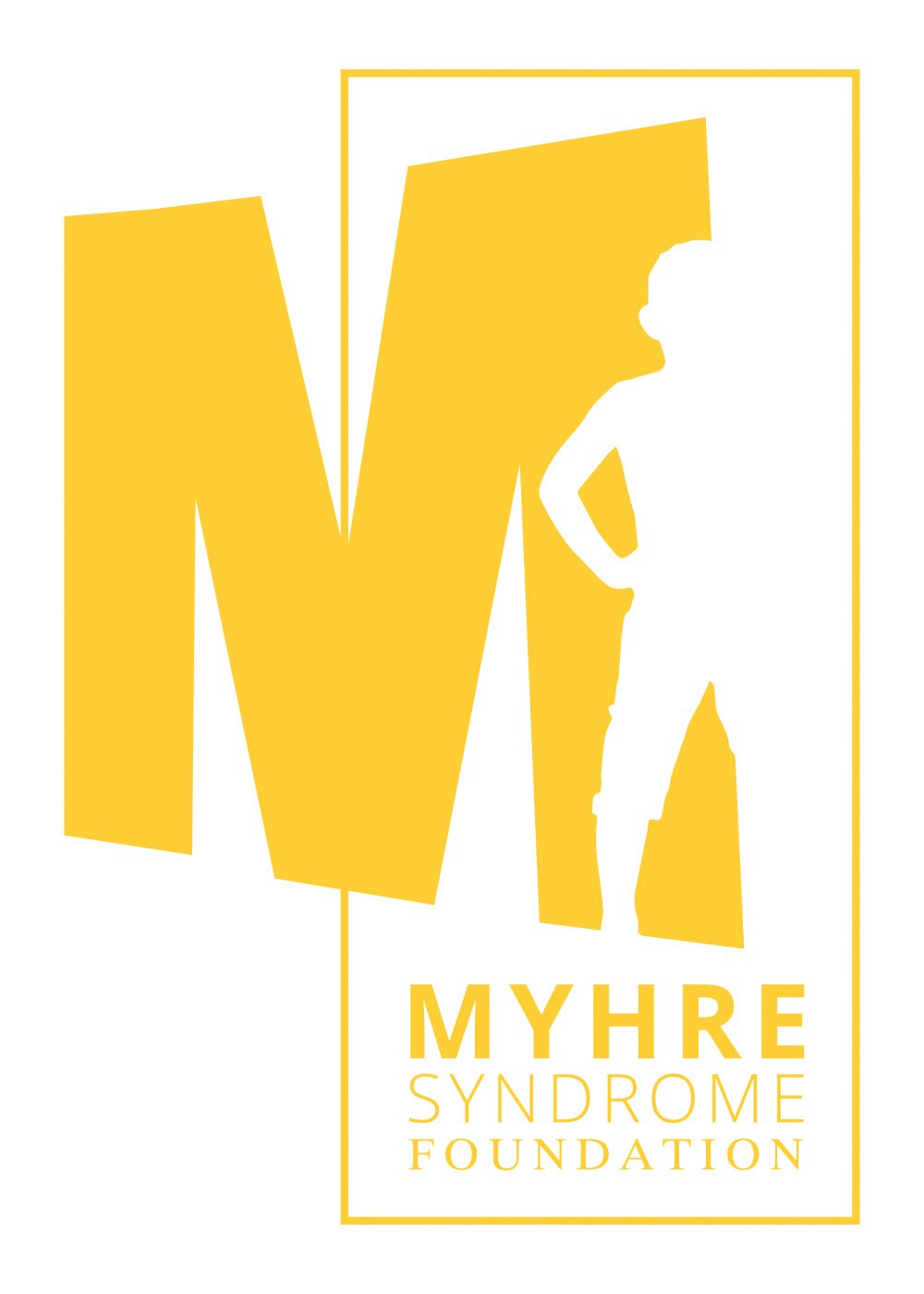Myhre Syndrome and COVID-19 Vaccine
3 March 2021
Dear Families and Friends,
We hope you are healthy. Please know that our international multispecialty Professional Advisory Board is thinking of you. We are responding to a request to write a statement about the COVID-19 vaccine. Although some tips for safety and getting the vaccine are universal, others vary from country to country, and state to state. The guidelines are not rigid and might change rapidly.
Where to begin this discussion?
Always talk to your primary care/family doctor or pediatrician. We realize they may ask you, “What does the Myhre Syndrome Board say?” Still, start with someone who knows you and your individual health risks as well as your local health care system.
You can start by reviewing these websites which are updated often
CDC
https://www.cdc.gov/coronavirus/2019-ncov/need-extra-precautions/people-with-disabilities.html
https://www.cdc.gov/coronavirus/2019-ncov/need-extra-precautions/people-with-medical-conditions.html
WHO
https://www.who.int/emergencies/diseases/novel-coronavirus-2019/covid-19-vaccines
Sometimes state or hospital guidelines can differ from these depending on national, regional or local healthcare policies.
How can we stay healthy and prevent COVID-19 infection?
The COVID-19 pandemic is constantly evolving. These core guidelines still apply.
Avoid crowds
Avoid indoor dining in restaurants, or dining with others outside your immediate family
Wash hands
Wear a mask
Regardless of where you live, and whether you get a vaccine, the most important action is wearing a mask
In some countries, people are being advised to “double up” by placing one mask over another. If you have access to an N95 mask (respirator), that’s great. But standard surgical masks also offer protection.
Be careful of how you define your family “pod”
There is no good "immunity passport" that can be obtained through antibody testing
Is the COVID-19 vaccine safe?
We do not know of a reason why the vaccine should be a problem in someone with Myhre syndrome.
We are not aware that Myhre syndrome itself makes someone more likely to get to COVID-19.
Lung disease is common in Myhre syndrome in the form of a stiff chest wall and low muscle tone. There can also be problems with the lungs. It is possible that a person with Myhre syndrome who developed pneumonia from COVID-19 might be more likely to need a breathing tube in their lungs and a machine to help them breathe.
Does having Myhre syndrome advance prioritization for vaccination?
There is no single statement that applies to everyone with Myhre syndrome.
The most important person is your family doctor (primary care provider)
The European Reference Networks for Rare Diseases produced a consensus statement which, however, is meant for adult patients
In the UK, individuals with learning difficulties will soon be prioritized for vaccination.
In the US, start by reading the CDC websites about the Phases of getting the vaccine. PHASE 1C refers to people age 16-64 years with an underlying medical condition which increases the risk of serious, life threatening complications. Myhre syndrome would fall into this group.
Generally, vaccination prioritization parameters are constantly changing at the moment and the best guidance is to stay updated about local rules
Please let the MSF parent leaders know if you are having an especially difficult time.
This is not easy, and we realize it is harder for some.
Stay healthy, we hope this helps.
Angela E. Lin, MD, MGH Myhre Syndrome Clinic & the MSF Professional Advisory Board

